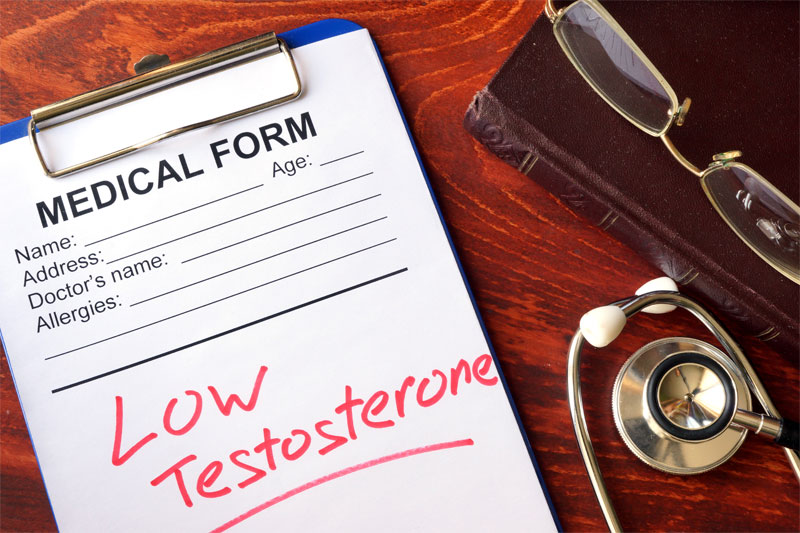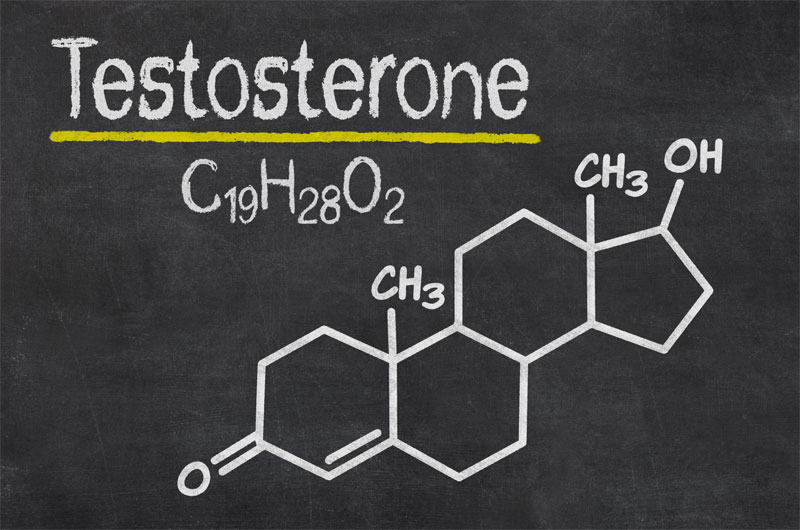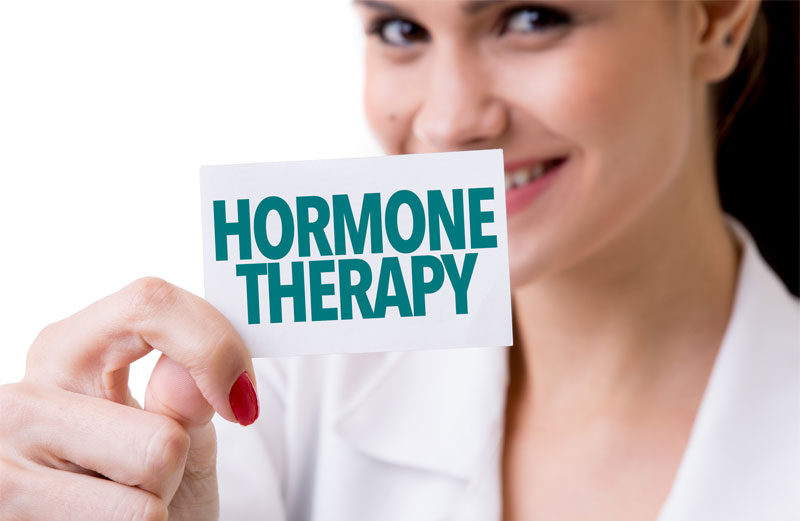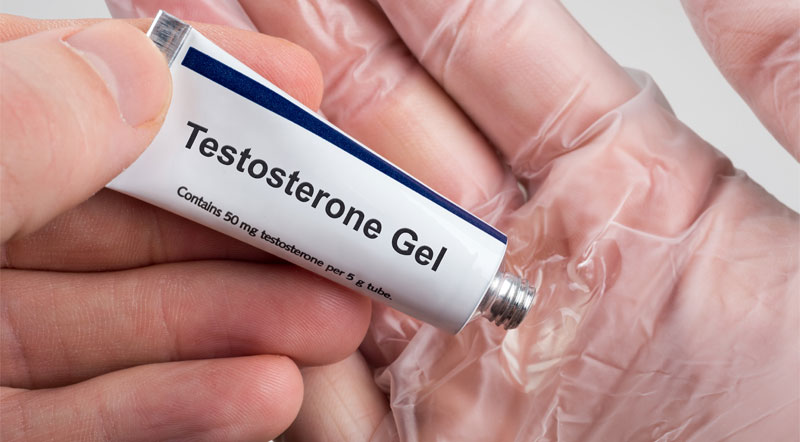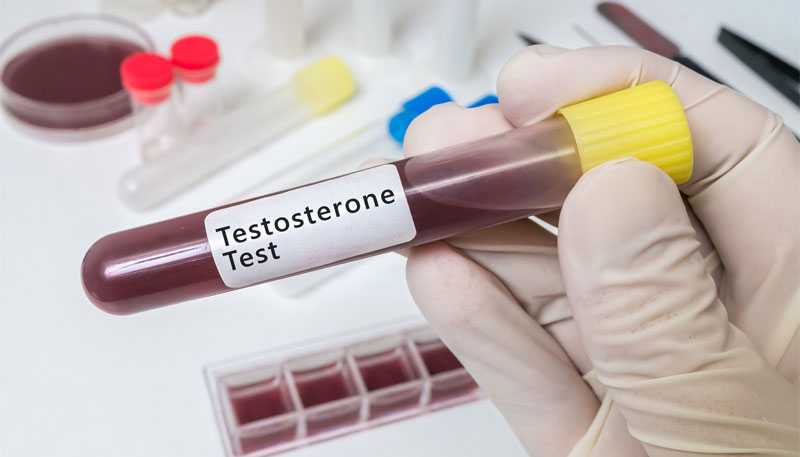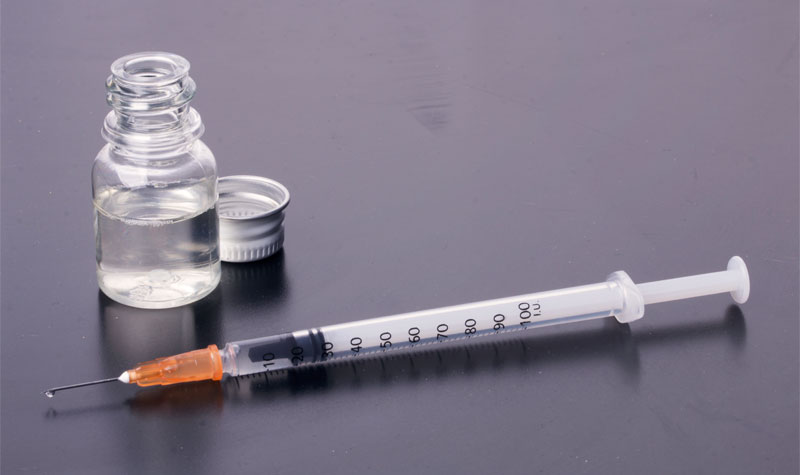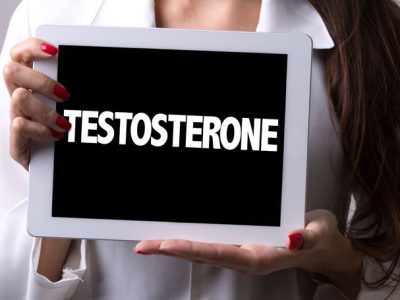- Home
- Growth Hormone
- Growth Hormone
- Growth Hormone Deficiency
- Growth Hormone Therapy
- Growth Hormone Injections
get startedThe Most Effective Hormone Replacement TherapiesWhat Is Testosterone Therapy and Who Needs It?
- The symptoms of low testosterone can include hair loss, increased belly fat,weakness, loss of muscle tone, mood swings, and even sexual performance issues such as low libido or erectile dysfunction.
- Testosterone therapy for men can help alleviate many of these symptoms and return you to the best version of yourself.
- Testosterone therapy is a clinically proven way to return your testosterone levels to normal
There are many positive benefits of testosterone therapy for men, and surprisingly for woman as well! However, what exactly is testosterone therapy, and who can it most benefit?
While it is true that testosterone therapy can help both men and women, it’s primarily used to help men between the ages of 35 and 65, who are exhibiting the symptoms of low testosterone. Low testosterone in men is known by a few names. It is sometimes referred to as “low testosterone,” “Low-T,” or the more technical term “andropause.” But, no matter what you call it, it is a condition that is caused by the steady drop in testosterone production that occurs as we age.
The symptoms of Low-T can vary from man to man, but any or all of them can have a serious impact on quality of life. The symptoms of low testosterone can include hair loss, increased belly fat, weakness, loss of muscle tone, mood swings, and even sexual performance issues such as low libido or erectile dysfunction.
Testosterone therapy for men can help alleviate many of these symptoms and return you to the best version of yourself.
While it is true that testosterone therapy can help both men and women, it’s primarily used to help men between the ages of 35 and 65, who are exhibiting the symptoms of low testosterone.
Who Needs Testosterone Therapy?
Male hormones are known as “androgens,” hence the name “andropause,” for men who are suffering the symptoms of declining hormone levels.
The most important androgen, or male hormone, is testosterone. Testosterone is mainly produced by the testes. Testosterone helps to:
- Keep your bones strong and healthy
- Maintain a healthy ratio of fat to muscle
- Maintain muscle mass and tone
- Maintain healthy sex drive
- Sustain ongoing sperm production
- Regulate sleep
Testosterone is vital throughout a man’s life. In fact, testosterone production and release begins in the womb, and it is what starts to differentiate a male fetus from a female fetus. The next most important “jolt,” of testosterone comes at puberty, and is responsible for the maturation of the sex organs, and the so-called “secondary sexual characteristics” typical of males, such as beard growth, increased musculature and a deeper voice.
Testosterone production continues through adolescence until it reaches its highest level at about the age of eighteen. In most men, their testosterone levels will stay at or pretty close to that maximum level through their 20s. Then, once you are over 30, your testosterone level will start on a steady downward slope.
By the time you are in your 70s or 80s, you can expect that your testosterone level could be nearly half of what it was in your 20s! Most start to feel the effects of low testosterone levels long before that.
The signs of low testosterone can show up in some men as early as in their 30s. The signs and symptoms of Low-T include:
- Decrease in libido or sex drive
- An overall feeling of reduced virility and vigor
- Changes in mood
- Erectile dysfunction
- Loss of stamina
- Loss of muscle tone
- Weight gain
- Loss of memory and other cognitive issues
The symptoms of low testosterone can include hair loss, increased belly fat, weakness, loss of muscle tone, mood swings, and even sexual performance issues such as low libido or erectile dysfunction.
Do Women Need Testosterone Therapy?
Even though testosterone is a “male hormone,” women produce and need testosterone too. And, like men, women’s testosterone levels also decline as they age. When we consider hormone replacement therapy (HRT) in women, we are usually thinking of replacing estrogen, to deal with menopausal symptoms. However, much of the latest research indicates that women too, can benefit from testosterone replacement, particularly those women who are already receiving HRT to combat the typical symptoms of menopause. In fact, current research seems to indicate that it is this drop in testosterone, and not estrogen that is responsible for many of the hormonal issues that women experience just before, during and after menopause.
Testosterone therapy, when added as an adjunct to estrogen replacement in these women, seems to specifically help with the sexual wellness issues typical of post child-bearing years, such as drop in libido, vaginal dryness, or painful intercourse. Testosterone replacement in women also seems to reduce the incidence of hot flashes, and reduces the risk of cardiovascular disease.
What Is Testosterone Therapy?
Testosterone therapy is a clinically proven way to return your testosterone levels to normal. Testosterone replacement therapy can take several different forms, depending on your specific diagnosis and needs. These can include: pellets, injections, skin- patches, creams, lozenges, or any combination thereof. Your physician will decide what testosterone therapy program is best for you and your lifestyle.
The safest and most effective form of testosterone replacement therapy uses bioidentical hormones. Bioidentical hormones are exact duplicates on the atomic and chemical level, as the hormones normally produced by your body. Created from all natural sources, bioidentical hormones are a safer and more effective form of testosterone therapy. Hormone therapy with bioidentical hormones usually has a lower risk of most of the negative side effects associated with their synthetic counterparts.
Bioidentical testosterone therapy:
- Encourages heart health
- Helps prevent osteoporosis by improving bone density
- Fights fat
- Increases muscle strength
- Improves mood
- Improves sleep
- Improves focus and cognition
How to Tell If I Need Testosterone Therapy?
If you are over 35, and experiencing any or all of the symptoms of Low-T indicated above, there is a good chance that you may be a candidate for testosterone therapy. However, in order to really tell if you need testosterone replacement, you must have your testosterone levels completely evaluated.
You can only find out for sure if your symptoms are due to andropause, or some other disease state or condition, by having your testosterone levels professionally assessed.
The first step is a blood test. Your blood test will confirm if hormone therapy should be prescribed for you. Some testosterone clinics may use saliva tests, because they are cheaper and easier to do. However, blood tests are far more accurate. Blood tests will also give your doctor an overall picture of all of your hormones. You may need additional hormone therapies beyond testosterone. For example, many of our patients with Low-T, may also benefit from growth hormone therapy.
Remember, what is normal for you, may be different for someone else, and that is why it is vitally important to see a professional who uses the latest in diagnostic tools to determine the hormone therapy program that is most appropriate for your individual needs.
Will Testosterone Therapy Improve My Sex Life?
One of the first symptoms that a man who is suffering from low testosterone will notice, is the impact it has on his sexual performance.
Of course there can be many factors that influence sex drive and sexual performance, particularly as you age. Sexual dysfunction can be caused not only by low testosterone, but by anything from stress, to the food you eat.
However, erectile difficulties, particularly in men over 40, and when accompanied by the other symptoms of low-T, are almost always related to declining levels of testosterone. Testosterone therapy, particularly when combined with other hormone therapies such as growth hormone therapy, has been shown to be very effective in helping men return to an active and healthy sex life.
What Are the Benefits of Testosterone Therapy
There are many ways beyond sexual performance that testosterone therapy can help improve your quality of life. In many ways, men say that testosterone therapy has given them “their edge back.” Besides feeling physically stronger, and more fit, much of that feeling of renewed power comes from the definitive links between decreased levels of testosterone in men and cognitive difficulties.
Your ability to focus, or concentrate on a task, is part of the complex relationship of the neurotransmitters in the brain which regulate all cognitive functions. Serotonin, norepinephrine, and acetylcholine, in particular, are known to impact memory and other cognitive abilities. Brain mapping studies have shown that low levels of these neurotransmitters can lead to short-term memory issues and difficulty concentrating. Low testosterone negatively affects the production of all of these neurotransmitters.
This can be of grave concern to aging workers in today’s highly competitive job market. Men in the 40s may find it harder and harder to stay ahead of younger workers, bucking for their positions. Testosterone therapy can even the playing field and help you not only keep up with, but stay ahead of the younger competition.
In addition to increasing the libido, and having a positive impact on cognition, testosterone therapy also:
- Encourages heart health
- Helps prevent osteoporosis by improving bone density
- Fights fat
- Increases muscle strength
- Improves mood
- Improves sleep
Is Testosterone Therapy Dangerous?
If you think you need it, do not put off testosterone therapy because you think it may be unsafe. There is a lot of misinformation out there about the risks of testosterone therapy.
One such myth that just refuses to die, regardless of a wealth of information to the contrary, is that testosterone therapy increases the risk of prostate cancer. This idea is largely based on one very old study done in the 1940s. This study found that in men that already had prostate cancer, testosterone depravation prevented the return of prostate cancer. However, it is important to point out, that there has never, ever been one single study that proves that testosterone therapy causes, or increases the risks of, prostate cancer in otherwise healthy males. In fact, there is current research that suggests that testosterone therapy may even decrease your risk of developing prostate cancer.
Another persistent testosterone therapy myth, is that it increases the risks of heart disease. The supposed link between testosterone replacement therapy and increased risk of cardiovascular disease largely owes its history to a study published in 2013. The study had a lot of flaws. Yet, the media chose to ignore the many problems with the study, and ran with it. The news of the increased risks of testosterone therapy “went viral,” and as a result, many men who could have been helped by testosterone therapy, instead, chose to forgo treatment. However, in 2015, this myth was finally busted by the well-respected Mayo Clinic, when they published a study that concluded there was “no link” between testosterone replacement and increased risk of heart attacks. Not only that, the study indicated that when done correctly, testosterone therapy may even lower the risk of heart attacks!
When Should I Start Testosterone Therapy?
Testosterone is vital to your strength, vitality, and wellbeing. However, you produce less testosterone the older you get! As your testosterone drops, so does your confidence and self-esteem. If you are looking for a way to replace what time and nature take away, the time to start testosterone therapy is now!
The truth is, if you are a man over 40, and are feeling tired, depressed and “less than a man,” testosterone therapy can return joy to your life.
Make an appointment today, and get off of the downward spiral of fatigue, tiredness and sexual performance issues!
Take the first step to a younger, stronger, healthier, happy YOU!
TBy the time you are in your 70s or 80s, you can expect that your testosterone level could be nearly half of what it was in your 20s! Most start to feel the effects of low testosterone levels long before that.
read this next
Testosterone Therapy for Women
We all know that testosterone is a very critical hormone for men, but did you know that women also need testosterone, and women, like…read moreWhat are the Signs and Symptoms of Low Testosterone?
Anyone over the age of 35, man or woman needs to be familiar with the signs of low testosterone. When you hear about testosterone,…read moreWhat Are Free Testosterone Levels?
What are free testosterone levels? When the testosterone hormone in both men and women is not bound to any proteins in the blood, this…read more - Growth Hormone Therapy








